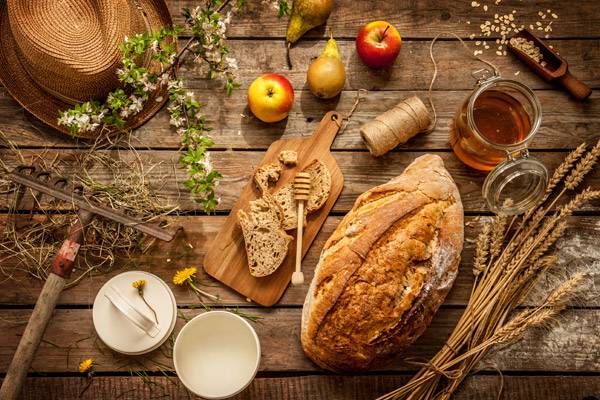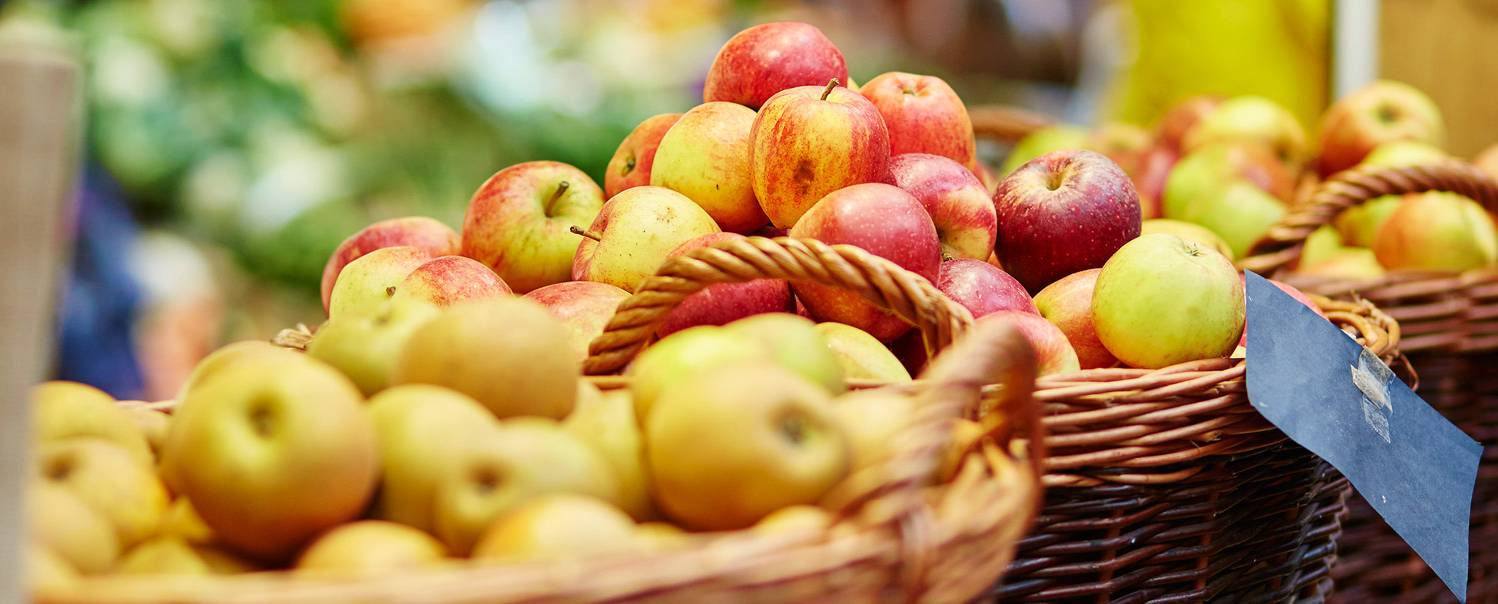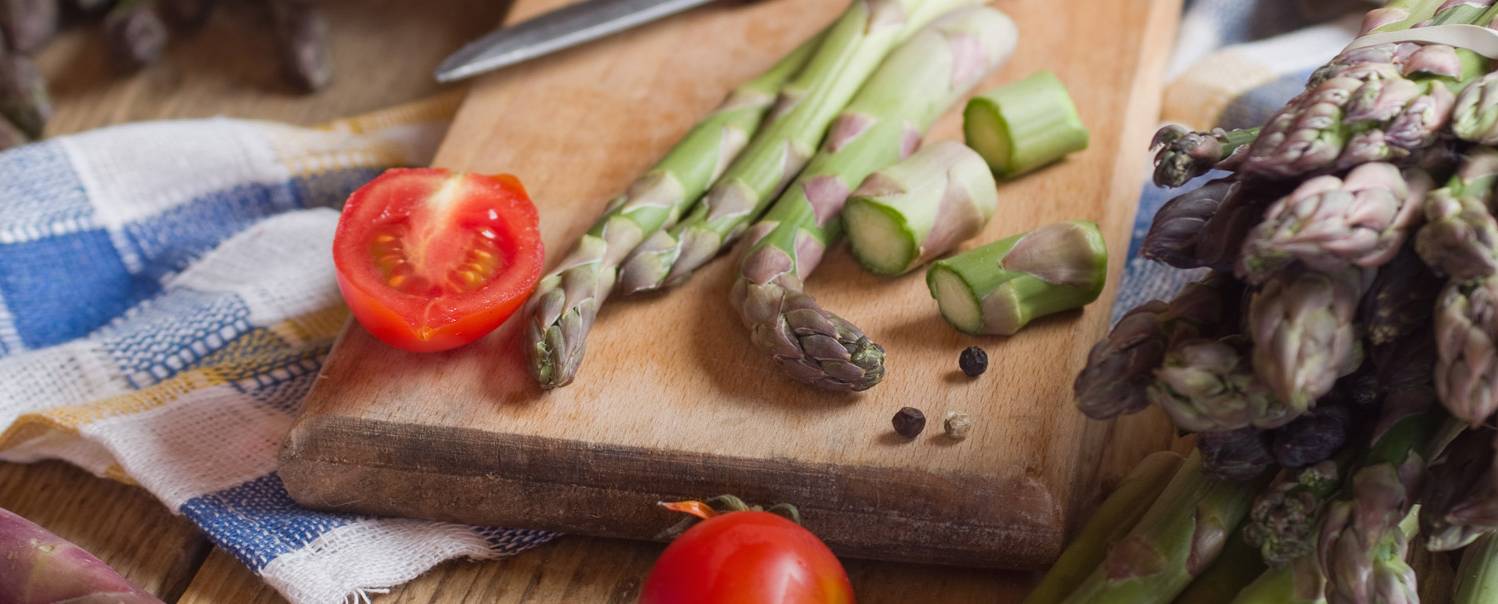Organic products
4 reasons why you will want to try them
According to data by the Ministry of Environment, consumers are increasingly interested in organically produced food and drink. Whether it be for their organoleptic qualities or for the desire to actively contribute to protecting the environment, to improving natural resources and the wellbeing of animals and the countryside, this is a growing trend
TOPIC OF THE MONTH
Share
Organic products are natural products obtained without the use of synthetic chemical substances (pesticides, fertilisers or medication) to which no artificial compounds are added either (additives, colorants, flavourings and aromas). They also always respect the growth rhythm of plants and animals.
Thanks to the rational and sustainable method of cultivation and breeding, a product is obtained which is respectful of the environment and animal wellbeing, as well as a product of excellent taste quality.
This is a production system which offers high quality foods, while contributing to biological diversity and the preservation of species and natural habitats. To do so, this production system is based on a series of objectives and principles, as well as cultivation and general management practices designed to minimise human impact on the environment and animals.
Currently, we can already find a wide variety of organic products in supermarkets: milk, cereal, dried fruit, eggs and even processed foods such as tinned foods, drinks, or yoghurts, are an example.
MAIN CHARACTERISTICS OF ORGANIC PRODUCTS
1. They are obtained respectfully, without the use of synthetic chemicals (pesticides, fertilisers or medication).
2. They contribute to the development of the environment: they benefit producers of the zones where they are bred, cultivated or produced.
3. They respect the growth of raw materials: both the plants and animals from which they derive are respected in terms of their growth cycles.
4. They are produced following traditional methods, avoiding artificial substances (additives,colorants, flavourings and aromas).
If you choose organic products, you choose honest, quality productswhich are respectful of the environment.
SPAIN, FIFTH COUNTRY WITH THE LARGEST SURFACE OF ORGANIC AGRICULTURE
Spain, with almost 1.7 million hectares, is the fifth world country with the largest surface under the method of organic production, behind Australia (17.2 million hectares), Argentina (3.1 million hectares), the United States (2.2 million) and China (1.9 million). This data stands out from the latest study ‘The World of Organic Agriculture’ (with data up to late 2014), elaborated by the International Foundation for Organic Agriculture (Ifoam) and the Research Institute for Organic Agriculture (FiBL).
In 2014, the organic surface spread throughout the world up to 43.7 million hectares (500,000 more than in 2013), and the number of producers grew to 2.3 million organic farmers. This reveals that the market for organic products is here to stay.

ARE ORGANIC PRODUCTS BETTER?
This is a very frequent debate and there are all sorts of opinions, but it is true that currently there is no proof to show that organic products are safer or more nutritious than conventional products. However, there are differences between them:
• Appearance: colour, shine, shape or size may vary from product to product. But their quality is neither better nor worse, they are simply produced differently.
• Flavour: organic products are said to be tastier, especially fresh ones. This depends on many factors, although it is true that organic products are harvested closer to optimum ripeness.
• Price: up until not long ago, the difference in price between both types of product could be quite large. The increase in range, production and consumption have made the differences become less noticeable over the years.











 ¡Subscribed!
¡Subscribed!